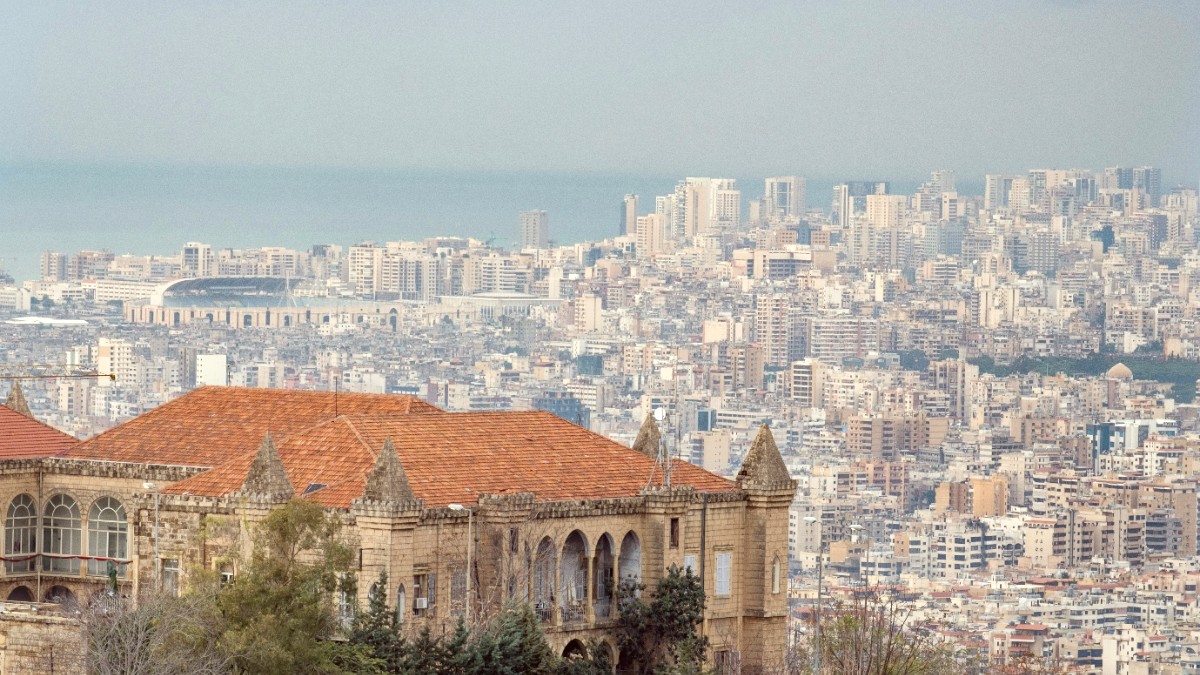
Lebanon
Beirut features a Mediterranean climate: hot, dry summers and cool, rainy winters. Each season provides a distinct atmosphere and array of activities.
Spring (April-May) presents comfortable conditions for extensive sightseeing. Summer (June-September) holds hot, humid weather, ideal for beaches. Autumn (October-November) delivers pleasant warmth, while Winter (December-March) sees cool temperatures and rain, with mountain snow.
Visa requirements vary by nationality. Many can obtain a visa on arrival at Beirut-Rafic Hariri International Airport (BEY) for tourism. This visa usually lasts one month, extendable for up to three months.
Other nationalities need a visa from a Lebanese embassy. Required documents often include a passport valid for six months, photos, accommodation proof, and financial means. A fee applies for visa on arrival. Lebanon has strict rules regarding travel to Israel; any indication of Israeli travel in your passport will mean denied entry. Consider a new passport if you visited Israel. Always carry your passport, return ticket, accommodation proof, and sufficient funds.
Entry denial policy stands firm.
US, Canada, Australia, EU citizens often receive a visa on arrival for tourism.
Passport must hold validity for at least six months beyond your stay.
Prepare all necessary paperwork.
Demonstrate financial capacity for your visit (cash/bank statements).
Immigration may request a confirmed return or onward ticket.
The official currency is the Lebanese Pound (LBP). Lebanon experiences high inflation, with a fluctuating parallel market rate for USD. Carry US Dollar cash in small denominations. USD is widely accepted and often preferred by businesses. Exchange small amounts to LBP at reputable money changers for better value. ATMs dispense LBP at an unfavorable official rate, making them expensive. Credit cards are accepted in larger establishments, but confirm the exchange rate before paying.
Tipping is customary. For good service in restaurants, 5-10% is standard. For taxis, round up the fare. Small tips are appreciated by hotel staff and tour guides. Save money by using USD cash, eating street food (falafel, shawarma), utilizing shared taxis (serviis), and negotiating prices in markets. Staying in guesthouses or hostels and cooking your own meals can also cut costs. Walk in walkable areas.
$30 - $60 USD daily (hostel, street food, shared transport).
$70 - $150 USD daily (mid-range hotel, mixed dining, ride-sharing).
$200+ USD daily (luxury hotel, fine dining, private drivers).
50,000 - 150,000 LBP ($0.50 - $1.50 USD) per item.
50,000 - 100,000 LBP ($0.50 - $1 USD) per person within the city.
Travel insurance is a wise investment for any Beirut trip. Comprehensive coverage protects against medical emergencies and unforeseen events.
A good policy addresses medical costs, emergency evacuation, trip disruptions, and lost baggage. Verify your policy for specific activities.
Explore reputable travel insurance providers to find a plan that meets your specific needs and budget.
Install useful apps before your journey for smooth navigation, communication, and budgeting.
Protect your digital information. Backup photos and documents to cloud services. An external hard drive or USB stick for large files can also serve well.
Use secure wallets and discreet pouches for valuables when out and about. Be wary of electronic theft with a RFID-blocking wallet.
Be aware of specific visa policies for your nationality. The Israeli stamp restriction stands firm. Check official embassy websites for current information.
Many nationalities obtain visa on arrival.
Israeli visa/stamps mean denied entry.
Carry US Dollar cash in small denominations. The parallel market rate for USD to LBP offers better value than bank rates. Rely on cash for most transactions.
USD cash is widely preferred and efficient.
Avoid ATMs due to unfavorable official rates.
Be aware of your surroundings in crowded areas. Avoid border zones and political demonstrations. Comprehensive travel insurance offers useful protection.
Beirut is generally safe in main tourist areas.
Avoid unlit areas or unfamiliar neighborhoods at night.
| Category | Item | Price Range (USD) |
|---|---|---|
| Accommodation | Hostel Dorm Bed | $10 - $25 |
| Accommodation | Mid-range Hotel | $40 - $80 |
| Meals | Street Food | $0.50 - $1.50 |
A well-stocked personal first aid kit and necessary health items contribute to comfort and safety during your travels.
Band-aids (various sizes), antiseptic wipes, sterile gauze pads, medical tape.
Pain relievers (Ibuprofen, Acetaminophen), antihistamines.
Anti-diarrhea medication (Imodium) and oral rehydration salts.
Prescription medications must be carried in original packaging with a doctor's letter.
Pack Hydrocortisone cream for bites, small scissors, and tweezers. A Compact travel first aid kit serves as a great starting point.
Bring Motion sickness medication if needed for winding mountain roads. Altitude sickness is not an issue in Beirut.
Ensure your personal health products that are hard to find locally are in your luggage.
High-SPF Sunscreen, a Wide-brimmed hat, and Sunglasses. Reapply often, especially after swimming or sweating.
Recommended for outdoor time, near water bodies, or outside urban areas. Look for products with DEET or picaridin.
A Portable water filter bottle is useful for remote hiking.
While Beirut is generally safe, remain aware of your surroundings, especially at night or in crowded places.
Select your camera gear for versatility and be mindful of local photography etiquette.
A Mirrorless camera or Compact digital camera offers versatility. B&H Photo can provide gear.
Bring extra batteries and memory cards. A High-capacity power bank is highly recommended due to power outages.
Ask permission before photographing people. Avoid government buildings, military installations, or checkpoints.